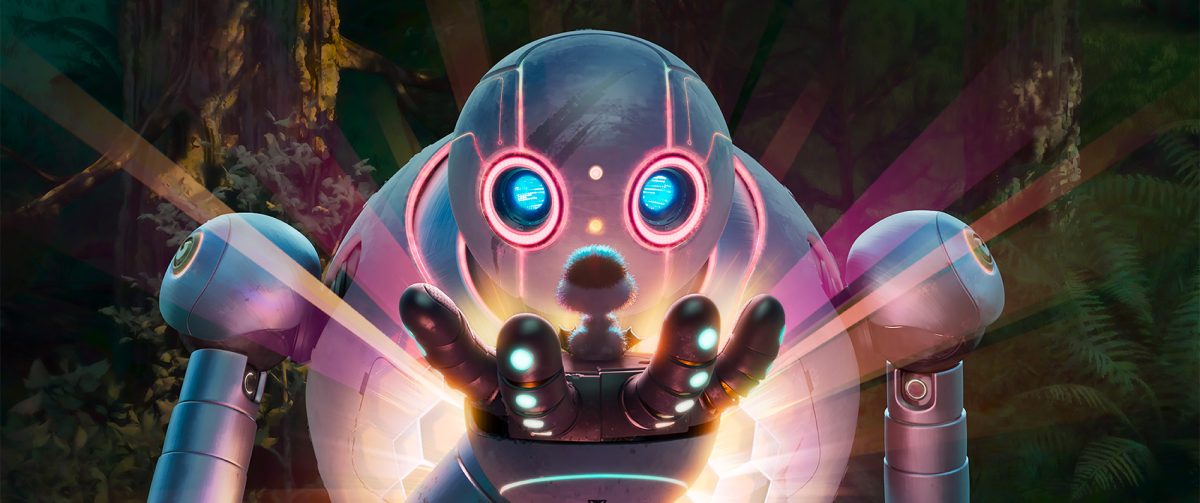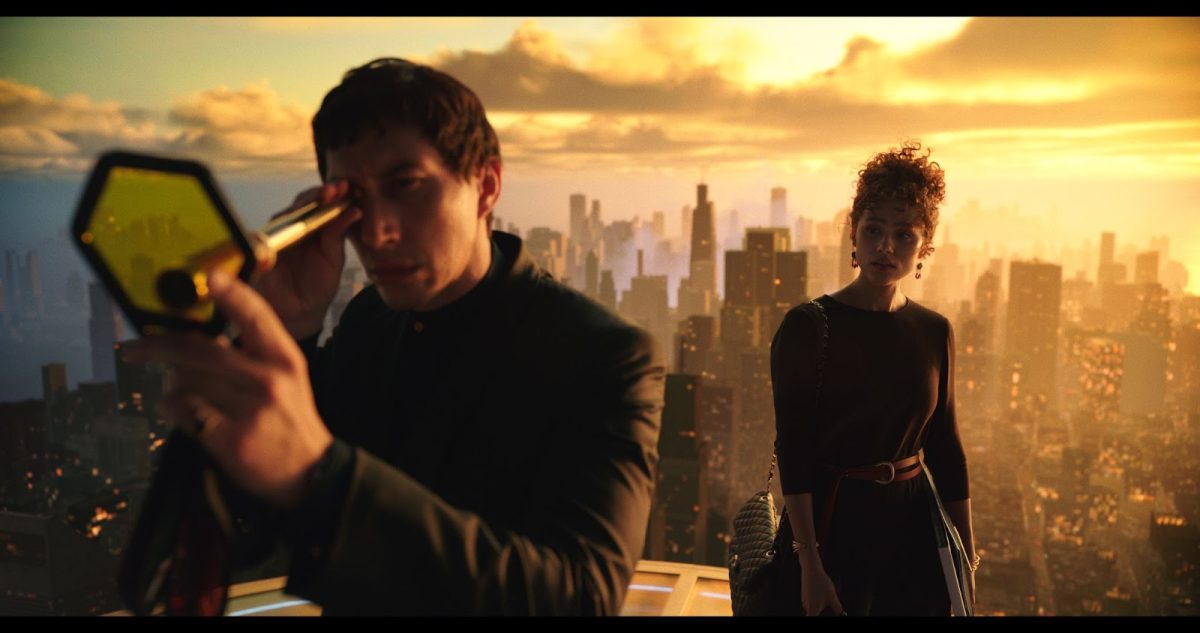War for the Planet of the Apes begins as a tour de force, delving into the pains and struggles of guerrilla warfare. But the movie loses most of this drive halfway through, turning into a lesser version of Francis Ford Coppola’s Apocalypse Now, going so far as to reference the film directly with spray paint reading “Ape-acolypse Now.”
Visually, the film is a cinematic marvel. The cinematography is breathtaking. Cinematographer Michael Seresin does a fantastic job. The apes look absolutely astounding. Andy Serkis delivers yet another jaw-dropping performance, once more working with Weta Digital (the CGI studio behind The Lord of the Rings, The Hobbit, Avatar and Deadpool to name a few) to push the limits of motion capture and CGI. The combination of Matt Reeves, Michael Seresin and Weta could only mean a visually stunning film, but unfortunately, the story couldn’t keep up.
The film begins five years after its predecessor in the wake of Kuba’s rebellion on Caesar. Opening with an intense guerrilla fight between The Colonel’s (Woody Harrelson) men and an entrenchment placed by Caesar, the film feels very much like an action packed version of Hemingway’s For Whom the Bell Tolls. The story follows with emotional blow after blow, barreling through the first act in full force as Caesar makes his way down a path of bad decisions and anger, until he’s forced to face the repercussions near the midway point of the film.
This is where the film begins to drop off. With heavy focus on the mentality and psyche of Harrelson’s Colonel, the plot begins to slow dramatically. For those who have seen Apocalypse Now, the character seems heavily influenced by Marlon Brando’s infamous Colonel Kurtz. Harrelson himself addressed the comparison, saying he was inspired by Kurtz, “But I wasn’t really wanting to do anything like that. Because it’s been memorialized by Brando, so I didn’t want to try and do anything that was similar.” Despite that claim, Harrelson’s Colonel is distractingly similar.
As the ending of a trilogy, particularly one that raised a dead series from the ashes as spectacularly as it did, the film is disappointing. Ending on a whimper on the back of deus ex machinas, the finale of the film doesn’t deliver on all of the tension built up in the first two films between humans and ape in a satisfactory climax. The ending seems to merely slide by, desperately attempting to shoehorn in references to the original film to appease fans, but unable to properly deliver. Sentimentality is focused on more than individual film resolution, a common issue, yet still disappointing after how well crafted the previous films in the series were.
So while the story is lacking in parts, the visuals certainly carry the film throughout. Had the movie kept the momentum of the beginning, and not switched tone and pace halfway through, it would undoubtedly be the best film of the summer, and the series.
Sails: 3.5/5

—
For more information or news tips, or if you see an error in this story or have any compliments or concerns, contact editor@unfspinnaker.com.











